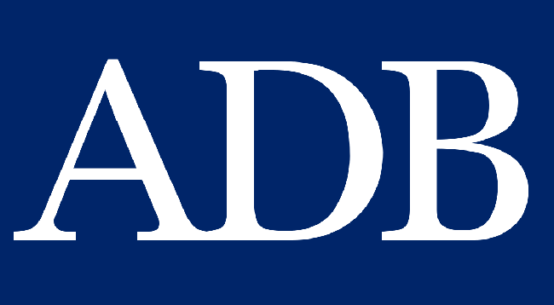Some private sector banks are in deep crisis because of lack of adequate liquidity and are being forced to borrow money from state-owned Sonali Bank at a 9 percent interest rate to stay afloat.
Islami Bank, Al-Arafah Islami Bank and National Bank are borrowing money from Sonali Bank at a 9 percent interest rate, which is the highest commercial lending rate at present.
Economists and banking sector insiders say that it means the sector is passing through a hard time due to higher non-performing loans, lack of good governance and serious corruption in the management of the respective banks.
They say at present the call money rate is between 6-7 percent while banks are borrowing at 9 percent rate, which proves the crisis has mounted in these banks. They also say the troubled banks have no other options, but to borrow money.
Both such borrowing and lending are very risky considering the ability of investment of these banks, they say.
BRAC Bank Chairman Dr Ahsan H Mansur told UNB that some banks have lost their customers’ trust due to their mismanagement.
“As a result, people have withdrawn money from those banks,” he said.
Giving an example he said that the deposit of BRAC Bank increased by 33 percent in the last quarter while the deposit volumes of many banks decreased.
Usually, banks charge a higher interest rate to lend to other banks while considering it risky, he said.
On 13 December 2022, the Sonali Bank’s Board of Directors approved the investment of Tk200 crore in fund placement in favour of Islami Bank Bangladesh Limited and Tk75 crore in favour of Al-Arafah Islami Bank Limited at a 9 percent lending rate for a period of 90 days.
On the same day, the bank’s Board also agreed to the proposal to extend the term of the Tk150 crore loans to National Bank for another six months at 9 percent interest subject to payment of the previous interest.
It is a normal practice that when a bank faces a liquidity crisis it borrows from another bank via the interbank money market.
But the liquidity situation in three private sector banks is so critical that they are forced to borrow from another bank at the highest commercial lending rate.
According to the Bangladesh Bank’s guidelines, banks can charge a maximum of 9 percent interest on all types of loans other than consumer loans such as auto loans and personal loans, in which case the highest lending rate ceiling is 12 percent.
Professor Dr Abul Barakat told UNB that any short-term borrowing at such a rate is not harmful, but it could create trouble while getting such loans will be lingering.
He said banks sometimes face a liquidity crisis, then it is required to borrow to meet the instant crisis. But a 9 percent lending rate for banks is high.
“Then how much a bank would have to charge against any commercial loans,” he asked.
Sector insiders say corruption and lack of good governance are the main reasons behind such a crisis.
Some questioned the role and the ability of the central bank to regulate commercial banks that fail to check corruption.

